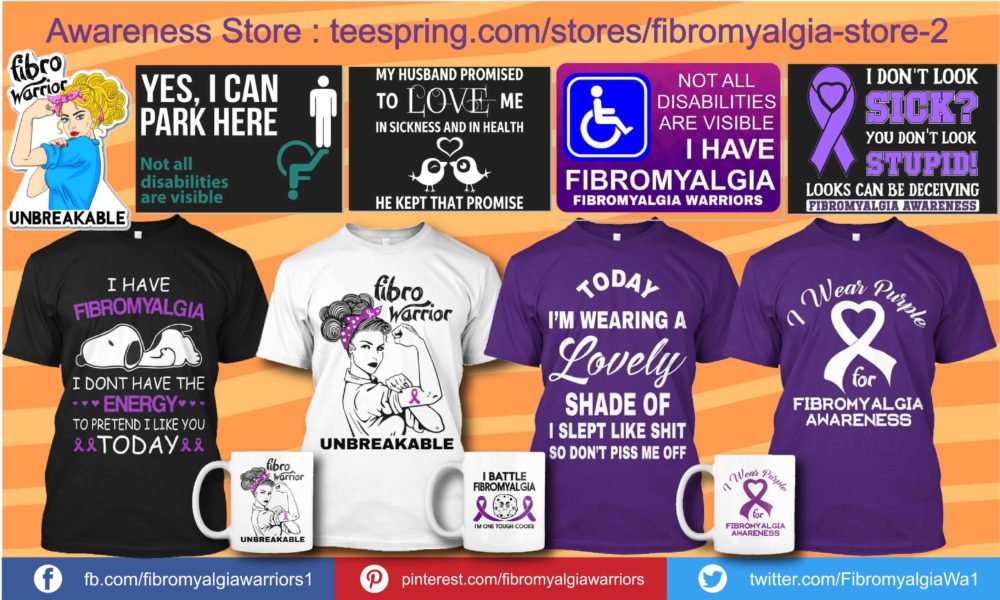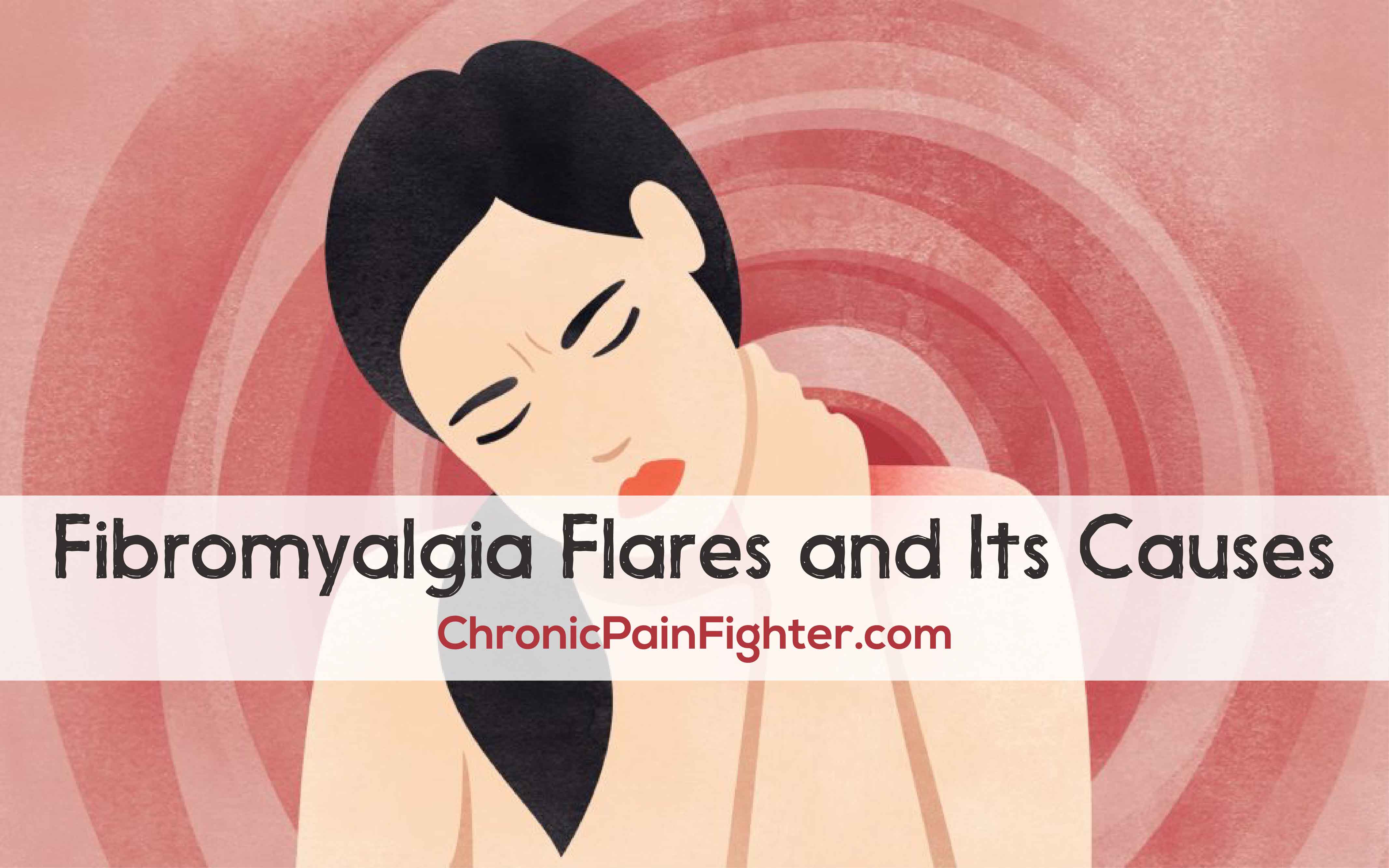Fibromyalgia, a chronic condition characterized by widespread musculoskeletal pain, fatigue, and other symptoms, often casts a shadow on bone health. While the exact relationship between the two is not fully understood, emerging research suggests a complex interplay, highlighting the importance of addressing both conditions holistically.
Understanding the Connection
The connection between fibromyalgia and bone health is intricate, with several potential contributing factors:
1. Reduced Physical Activity: Fibromyalgia often limits physical activity due to pain and fatigue, potentially contributing to bone loss. Without weight-bearing exercise, bones lose density, increasing the risk of fractures.
2. Medications: Some medications used to manage fibromyalgia symptoms, such as corticosteroids, can have negative effects on bone health, leading to bone loss or delayed fracture healing.
3. Hormonal Imbalances: Fibromyalgia is associated with hormonal imbalances, particularly with estrogen, which plays a crucial role in bone health. Estrogen deficiency can lead to bone loss, increasing the risk of osteoporosis.
4. Chronic Inflammation: Fibromyalgia involves chronic inflammation throughout the body, which can negatively impact bone metabolism. Inflammation can interfere with bone formation and lead to bone breakdown.
5. Nutritional Deficiencies: Many individuals with fibromyalgia experience nutritional deficiencies due to factors like pain, fatigue, and altered taste and smell. These deficiencies, particularly in calcium and vitamin D, can significantly impact bone health.
The Impact on Bone Density
The relationship between fibromyalgia and bone density is complex and not fully understood. Some studies suggest a correlation between fibromyalgia and lower bone mineral density (BMD), indicating a higher risk of osteoporosis. However, further research is needed to understand the precise link and identify specific risk factors.
Osteoporosis and Fibromyalgia: A Double Whammy
Osteoporosis, a condition characterized by weakened bones, poses a significant risk to individuals with fibromyalgia. The combination of low bone density and the increased risk of falls due to pain, fatigue, and medication side effects can lead to a greater chance of fractures.
Assessing Bone Health in Fibromyalgia
Regular bone density screenings are crucial for individuals with fibromyalgia, especially those at higher risk, such as:
- Postmenopausal women: Estrogen decline during menopause increases the risk of osteoporosis.
- Individuals with a family history of osteoporosis: Genetics play a significant role in bone health.
- Individuals on long-term corticosteroid therapy: These medications can have a significant negative impact on bone density.
Managing Bone Health in Fibromyalgia
A multifaceted approach is essential for managing bone health in individuals with fibromyalgia. This includes:
1. Lifestyle Modifications:
- Weight-bearing exercise: Regular, safe exercise, tailored to individual capabilities, is vital for strengthening bones and reducing the risk of falls.
- Nutritional optimization: Ensuring adequate intake of calcium, vitamin D, and other bone-building nutrients is crucial.
- Fall prevention: Addressing environmental hazards and using assistive devices can minimize the risk of falls.
2. Medication Management:
- Reviewing medications: Working closely with a physician to evaluate medications for potential bone health risks and explore safer alternatives if necessary.
- Bone-building medications: In cases of osteoporosis, medications like bisphosphonates or denosumab may be prescribed to slow bone loss and increase bone density.
3. Addressing Fibromyalgia Symptoms:
- Managing pain and fatigue: By effectively managing pain and fatigue, individuals can increase their ability to participate in physical activity and improve their overall well-being.
- Improving sleep: Addressing sleep disturbances, a common symptom of fibromyalgia, is vital for overall health and can positively impact bone health.
The Role of Healthcare Professionals
Healthcare professionals play a crucial role in managing bone health in individuals with fibromyalgia. This involves:
- Open communication: Encouraging open communication between the patient and physician to address concerns and develop an individualized treatment plan.
- Comprehensive assessment: Performing thorough physical examinations and bone density screenings to monitor bone health.
- Collaborative approach: Working with other healthcare professionals, such as physical therapists, registered dietitians, and mental health professionals, to address multiple aspects of the individual’s well-being.
Empowering Individuals
Individuals with fibromyalgia have a significant role in managing their bone health. This involves:
- Understanding the connection: Educating themselves about the relationship between fibromyalgia and bone health.
- Taking an active role: Engaging in open communication with their healthcare providers and actively participating in treatment decisions.
- Making lifestyle changes: Implementing healthy lifestyle habits, such as regular exercise, a balanced diet, and fall prevention measures.
Looking Ahead
While the connection between fibromyalgia and bone health remains a complex area of study, research is ongoing to better understand this intricate relationship. Further investigations are necessary to identify specific risk factors, develop targeted interventions, and improve bone health outcomes for individuals with fibromyalgia.
Conclusion
Fibromyalgia and bone health are intricately linked, highlighting the importance of a comprehensive and individualized approach to managing both conditions. By understanding the potential risks, engaging in open communication with healthcare professionals, and taking proactive steps to manage bone health, individuals with fibromyalgia can strive for optimal well-being and a future with strong and healthy bones.






